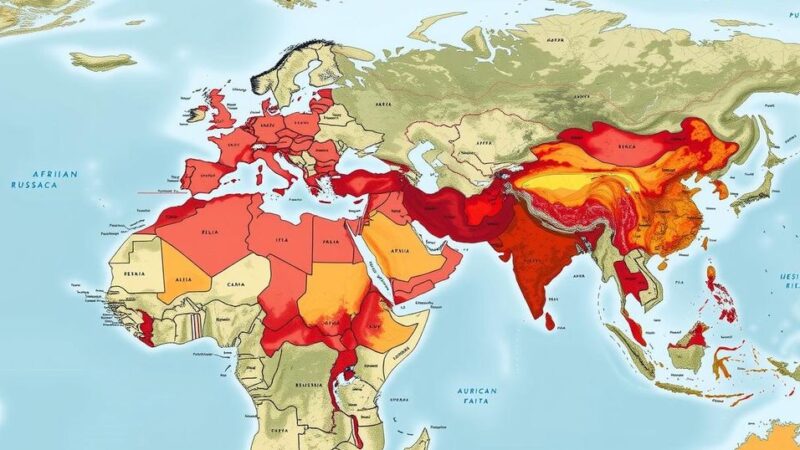Amnesty International has called for the immediate repeal of a new bylaw in Aceh, Indonesia, that allows for flogging of individuals engaged in consensual sex and imposes barriers for rape victims. The Islamic Criminal Code includes harsh punishments, which Amnesty argues could lead to greater injustice for victims of sexual violence and represents a violation of human rights obligations. The law also poses grave concerns for vulnerable populations, particularly children and women, in terms of both reporting sexual crimes and access to justice.
Authorities in Aceh, Indonesia, are urged by Amnesty International to revoke a newly enacted bylaw that disproportionately punishes consensual sexual relationships. The Islamic Criminal Code (Qanun Jinayat), effective immediately, prescribes harsh flogging penalties—up to 30 lashes for consensual premarital relations and up to 100 lashes for same-sex relationships. This regulation not only risks enabling rapists to evade justice but also creates severe barriers to reporting rape, by imposing evidence requirements on victims and threatening legal repercussions for false accusations.
Josef Benedict, Amnesty International’s South East Asia Campaigns Director, condemned the law for its inhumane nature, asserting that caning constitutes cruel punishment and may lead to lasting physical and psychological harm. Benedict remarked, “To punish anyone who has had consensual sex with up to 100 lashes is despicable.” Additionally, the Code mandates that women must substantiate their allegations with evidence, a demand that could intimidate victims from coming forward.
The bylaw also introduces dangerous provisions concerning children, categorizing violence against minors under “adultery with a child.” This undermines legal protections for children, contravening Indonesia’s obligations to defend vulnerable populations from sexual violence. The implementation of such laws raises concerns of human rights violations at various governance levels, fueling disparities in the treatment of men and women, particularly in conservative societies.
Amnesty International has highlighted previous calls from UN committees urging the Indonesian government to eliminate corporal punishment altogether, advocating for a comprehensive repeal of laws allowing such treatment. The ramifications of these harsh penalties fall disproportionately on women, who face significant social and economic barriers, particularly from marginalized backgrounds. As the situation unfolds, there is a pressing need for Indonesia’s national government to assert the paramount importance of human rights across all regions, ensuring that regional autonomy does not infringe upon individual rights or protections.
The imposition of corporal punishment through caning in Aceh stems from its special autonomy status, which permits certain cultural practices to deviate from national laws. Despite a national prohibition against such punishment, Aceh has maintained caning as a disciplinary measure since 2002. In light of international human rights norms, various United Nations committees have previously called for the abolition of corporal punishment practices within Indonesia, advocating for reforms that align with international human rights standards. Furthermore, laws surrounding “adultery” often adversely impact women, reinforcing existing gender discrimination and societal pressures regarding sexual conduct.
The new bylaw in Aceh represents a significant regression in the protection of human rights, particularly for women and victims of sexual violence. Amnesty International’s call for the repeal of this law underscores the urgent need for a reevaluation of how Islamic law intersects with local governance in Indonesia to ensure access to justice and protect individual rights. The implications of such legislation are particularly troubling as they not only punish consensual sexual actions but also place undue legal burdens on victims of rape, ultimately deterring them from seeking justice.
Original Source: www.amnesty.org






